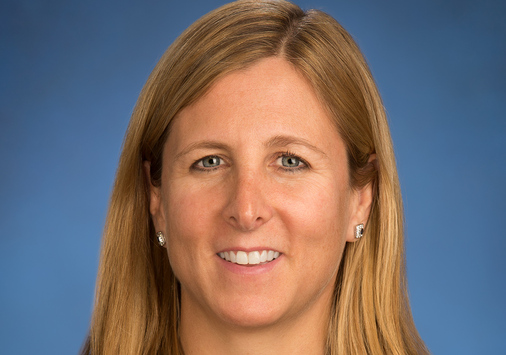Financial Economics
As undergraduates look to the future, many are drawn to careers in business and finance — and the depth and breadth of a liberal arts education. A new Department of Economics concentration in financial economics, designed to provide students with the knowledge, discernment and skills that are critical to a high level of success across a wide spectrum of professions including business, real estate and insurance, is available to Denison students beginning the fall of 2016.
“We’re tremendously excited about our new financial economics concentration and its value for our students who are interested in studying and working in the business and finance sectors,” commented Denison President Adam Weinberg. “Denison is building on its historic strengths in the liberal arts to provide our students with new curricular pathways that explore where the world is going.
“The financial economics concentration has been designed for students who are interested in the FIRE sectors of the economy, and it is solid preparation for students who may wish to pursue graduate degrees in business or finance,” said Associate Provost for Academic Affairs Jim Pletcher. “We’re confident that the knowledge our graduates acquire through this program will prepare them to take their place in the business professions of their choice.”
When developing this concentration, Denison examined growth areas of the economy and the interests of incoming students, and created opportunities where the strengths of a liberal arts education — critical thinking, problem solving and effective communications — can be used to engage students while preparing them for the professions. The research indicated that finance, insurance and real estate (FIRE) sectors of the economy have been growing, both in terms of importance and influence.
“The FIRE sector accounted for about 20 percent of the U.S. Gross Domestic Product in 2014. That holds a huge amount of potential for our students,” said Andrea Ziegert, associate professor and chair of Denison’s Department of Economics. “Liberal arts students have always done well in the finance and business industries, and Denison alumni, in particular, have distinguished themselves as exceptional leaders in these areas. The financial economics concentration will serve to increase that advantage for Denison’s graduates.”
To support the new concentration, Denison has established two new economics courses, “Financial Markets” and “Organizational Finance,” as well as a new mathematics course titled “Risk Analysis and Financial Mathematics.” These courses, when coupled with focused coursework in economics, provide students with the knowledge of financial principles and a strong mathematics background that builds the foundation for their professional lives.
“This is the third new initiative that Denison is launching this year that directly addresses the demands of the finance and economic marketplace, the first being our new major in global commerce and the second a new major in data analytics,” said Weinberg. “These programs are unique and compelling. They build on the liberal arts in new and different ways. They also ensure that Denison will continue our tradition of producing alumni who succeed and shape the professions.”















